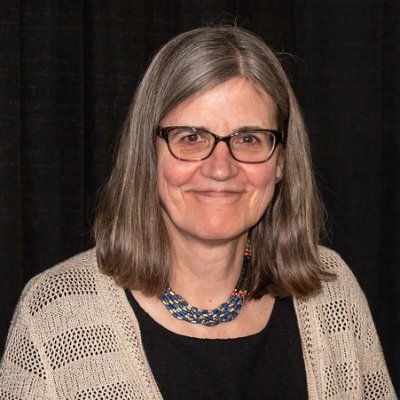Cynthia Fox
PhD Indiana University

Teaching
Structural Review of French, Language Ideology, Policy and Planning: Lessons From the French Speaking World, Comprehension and Pronunciation of French, Special Topics: The Gourmet Culture of France.
Research
French linguistics; sociolinguistics; applied French linguistics
I am a sociolinguist whose primary research focusses on Franco-American French, that is, the French spoken by descendants of the nearly one million French Canadians (from present day Quebec) and Acadians (from the Maritime Provinces) who settled in the northeastern United States largely between 1840 and 1930. I have collected either myself, in collaboration with my colleague Jane Smith at the University of Maine (my Co-PI on a three year project funded by NSF), or as the supervisor of graduate and undergraduate student fieldworkers, over 300 hours of recorded interviews with French speakers living in twelve different communities located in northeastern New York and across New England. This material has been used to better understand the current situation of the Franco-American variety (e.g., who speaks the language, when, and for what purposes), to investigate Franco-American attitudes about the language and about their Franco-American identity more generally, as well as to describe the structure of the language and the effect of contact with English, among other things, on the way in which the language has evolved.
My research interests also spill into the discipline of applied linguistics, a field that uses insights from linguistics to find solutions to real-life problems that result from language-related causes. I have been particularly interested in the question of how beliefs about language affect the way languages are taught. Most recently, I have focused on the question of variation in the spoken language. I work to educate language teachers about the linguistic diversity of the francophone world and suggest ways in which they can sensitize their students to the different ways in which French is spoken. This not only improves the learner’s ability to communicate with a wider range of speakers, it speaks to larger themes of linguistic prejudice and social justice.
Finally, a project that I have recently undertaken with my colleague Deborah Piston-Hatlen (Indiana University) involves the investigation of several little-known French heritage communities in Ohio. Founded by immigrants arriving from eastern France in the early 19th century, these communities add to the story of the continuing French presence in the United States that is frequently overlooked in our nation’s narrative.


